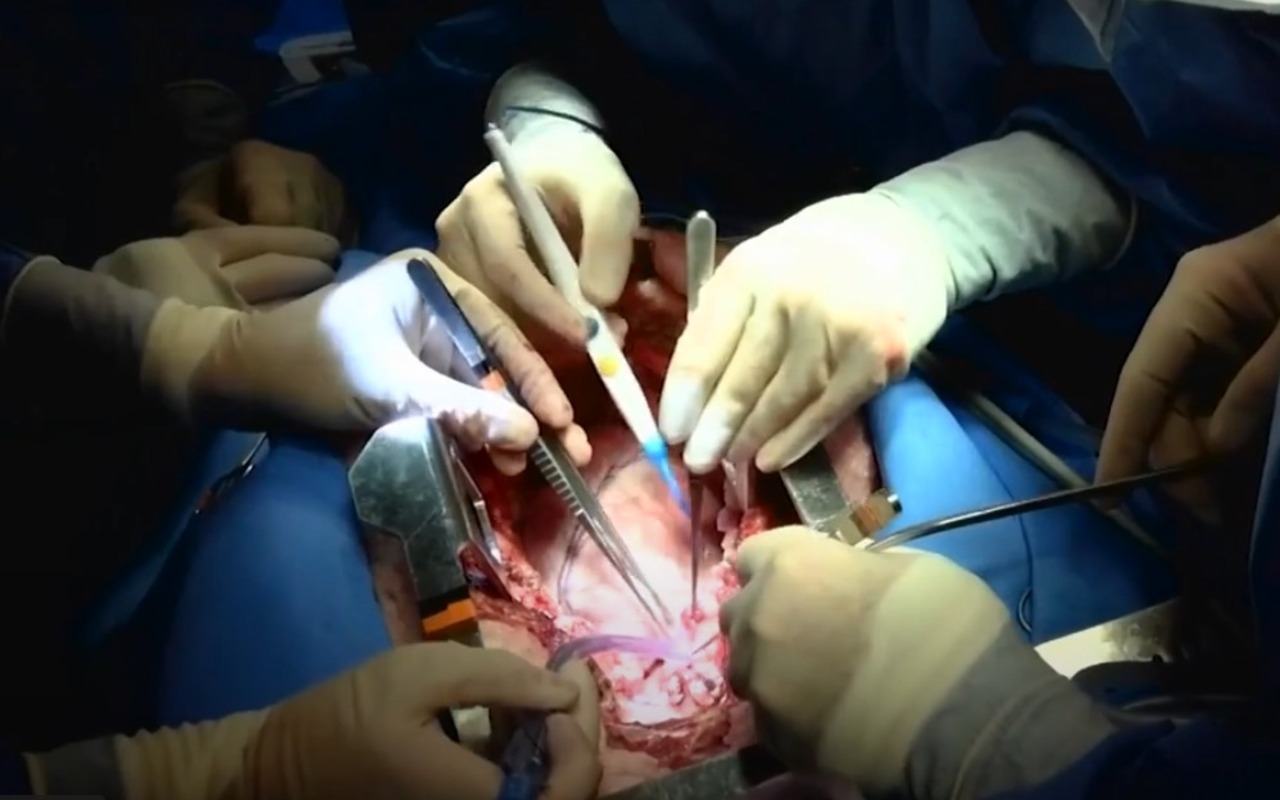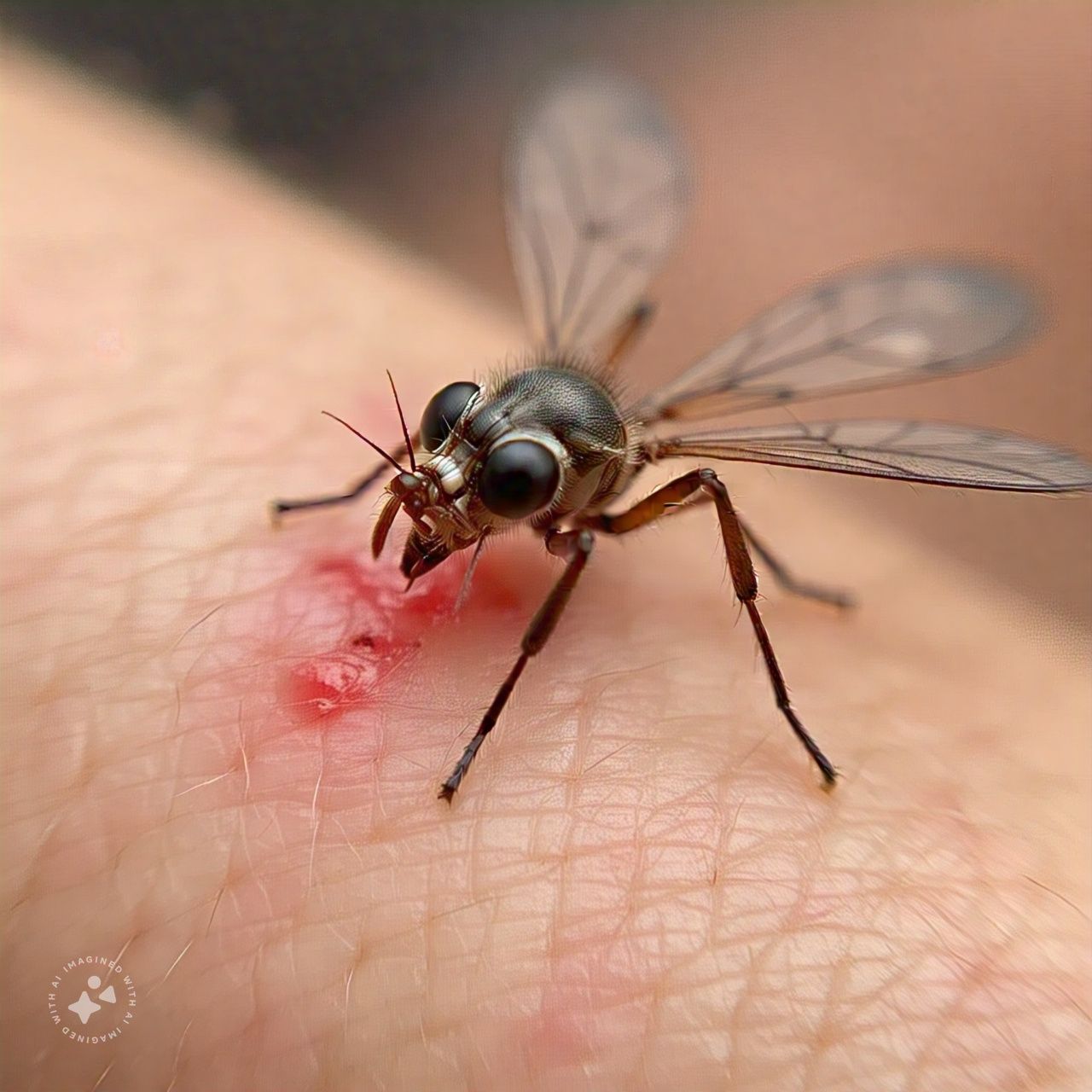
Penn Medicine Develops Groundbreaking mRNA Vaccine for C. difficile
In a significant advancement for infectious disease treatment, Penn Medicine and the Children's Hospital of Philadelphia (CHOP)....
In a significant advancement for infectious disease treatment, Penn Medicine and the Children's Hospital of Philadelphia (CHOP) have announced the development of the first mRNA vaccine designed to prevent and treat Clostridioides difficile (C. diff), a highly contagious bacterium responsible for severe intestinal infections. C. diff is known for its resilience, often recurring in patients after initial treatment, and poses a substantial threat to vulnerable populations such as the elderly, patients on antibiotics, and individuals in hospital or nursing home settings.
The mRNA-LNP vaccine, built on the same platform as the successful COVID-19 vaccines, showed promising results in animal models. It not only prevented the first-time infections but also protected against relapsing infections by inducing a robust immune response. This is particularly important given the challenges in treating C. diff, as the bacterium forms hardy spores and biofilms that are resistant to conventional antibiotics.
This new vaccine represents a potential breakthrough, as past efforts to develop a C. diff vaccine, including non-mRNA options, failed to meet the efficacy required to be brought to market. The success of this mRNA-based approach opens the door to targeting other difficult-to-treat bacterial infections and addressing rising antibiotic resistance.
The development of this vaccine is part of a broader initiative at Penn Medicine to expand the use of mRNA technology, which is also being applied to diseases like Lyme disease, norovirus, and even certain cancers. This work underscores the potential of mRNA technology beyond viruses, marking a pivotal moment for bacterial therapeutics
The vaccine’s progress is a hopeful sign for both patients and healthcare providers battling C. diff, and it could soon move into clinical trials, bringing it one step closer to broader use in healthcare settings.











LEAVE A COMMENT:
Join the discussion! Leave a comment.